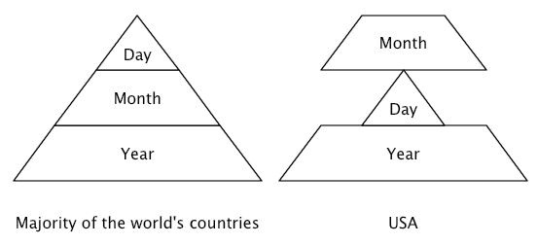I have no idea what you're talking about and I'm totally hip to the new crappy phone games

I am not so sure gaming is changing, if it seems that way I think it's really just our tastes that are changing, or that we're paying attention to a sub-market we never looked at before. The gaming industry on the whole is just expanding, and our focus tends to be on the new ground it covers rather than the old ground it's developing. I've gone back to play many of the games I played growing up and they weren't so different than all of this junk content being pushed out to appeal to all these new markets being drawn in by the ubiquity of gaming devices. I see a lot of similarities actually, particularly in the games created during the arcade era designed for exploiting micro-transactions or pockets full of change. That was a time when gaming surged to expand and exploit a new market in response to technology expanding the accessibility of gaming to reach a new market. And one of the most popular arcade games, Mortal Kombat, wasn't popular because it was any deeper or more complex than Street Fighter, rather because the unprecedented violence got the kids talking about it. No different than these crappy phone games today.
All the more dedicated gamers back then who'd been playing Rogue for the last ten years thought gaming was changing, but it didn't really. Dwarf Fortress, Tales of Maj'Eyal and plenty of other games still came along to satisfy what could now be considered a niche. That particular market wasn't obscured, gaming just grew around it so much as to put it in
relative obscurity. It has since pretty well continued to grow in a pretty linear way.
Big companies are changing things, but I don't think it's in buying things up. You mention Notch being bought, but crafting and survival games are a dime a dozen in the wake of Minecraft's success. That market will be well looked after with or without Notch. Nothing was really disrupted or changed there.
I think the one way it is changing is when companies take existing intellectual property and convert it over to try and penetrate a new market with the lingering support from the old one as insurance against a flop. This really burns my bacon. The Sims 4, for example. Which has basically abandoned the simulation market in favour of capitalizing on young girls wanting to play digital dress up on their parent's hand-me down laptops. Which in itself would still be okay, the problem is in the fact that if anyone else comes along to try and make a new life simulator to appeal to the abandoned simulation market, you can be sure EA would sue them into oblivion. That there is how these super-massive businesses have fundamentally altered the nature of the industry, and it is an awful change if you ask me.
Where once we had crappy knockoffs of questionable legality to identify, quantify and satisfy every sub-market within the industry, paving the way for larger products, ultimately driving the industry's natural growth based on the desires of its markets and the consumers within. Now, the parts of the industry being monopolized by these giants effectively hijack the natural growth, disempowering the consumers by depriving them of any real choice, to instead dictate their own path forward for the industry.



)
 ) a city and then unmake it by producing a settler once it was small enough. It was nice to be able to do... and I'd like it back. But I don't think that forcing the player into a more awkward choice (keep the city where it is, or raze it) removes significant strategy per say. Though good on you for channeling Stalin
) a city and then unmake it by producing a settler once it was small enough. It was nice to be able to do... and I'd like it back. But I don't think that forcing the player into a more awkward choice (keep the city where it is, or raze it) removes significant strategy per say. Though good on you for channeling Stalin  You can still effectively abandon a city to an enemy - if they'll take it...
You can still effectively abandon a city to an enemy - if they'll take it...

 So what are you doing on a Civilization forum
So what are you doing on a Civilization forum
